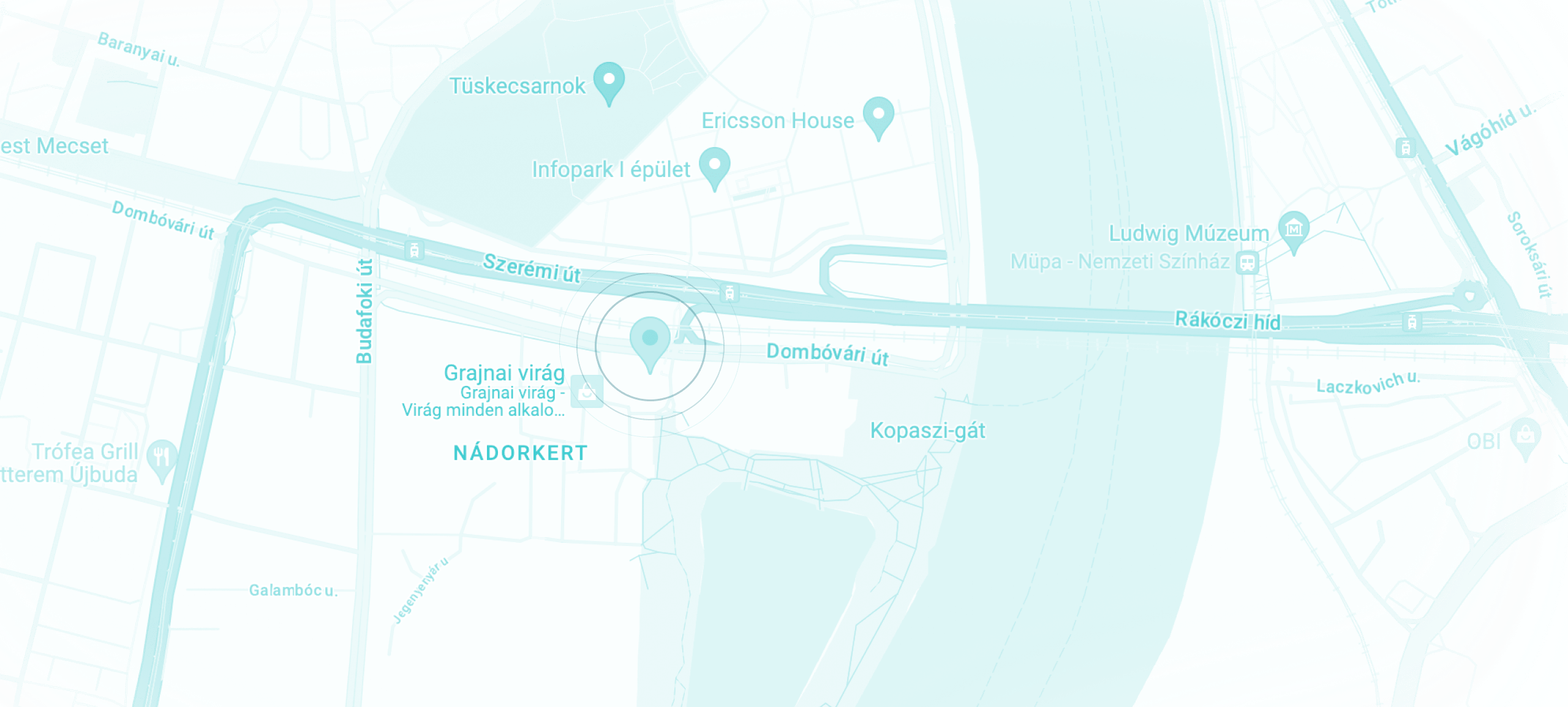
New guest worker law creates new route to Hungarian residency
UPDATE:
According to the 5 October announcement of the Ministry of National Development, this legislation will not be introduced in the end. Instead, new and stricter regulations will be developed.
Hungary is introducing a new type of residency starting from 1 November 2023. In specific cases, third country nationals who will be employed in Hungary may apply for guest worker residency instead of the combined residency and work permit. They can expect a simplified procedure, while they will be losing some perks.
UPDATE:
According to the 5 October announcement of the Ministry of National Development, this legislation will not be introduced in the end. Instead, new and stricter regulations will be developed.
Hungary is introducing a new type of residency starting from 1 November 2023. In specific cases, third country nationals who will be employed in Hungary may apply for guest worker residency instead of the combined residency and work permit. They can expect a simplified procedure, while they will be losing some perks.
Last updated on 13 October 2023.
Is the new guest worker residency relevant to your Hungarian company?
The new type of residency will offer residency through a simplified procedure, but with limited rights. It will be available only to certain employers, and to workers arriving from certain countries. (You can read the law in Hungarian here.)
Before you read on, you should know that most employers are not eligible for applying for “guest worker” permits for their employees (but can still, of course, go the regular work permit route).
- One eligible type of employer is the so-called labor rental agencies (a.k.a. “employer of record” or EOR) who employ staff and then hire them out to various jobs and projects. Not all EOR agencies are eligible, only those who have passed a special certification process by the government.
- The other eligible type of employer includes companies that have entered into a strategic partnership with the Hungarian government because they work on high-priority state projects.
Both of these types of employers are listed publicly, so if you are considering working with or for such an employer, you can check to make sure they are on the list. Also, if you are an employer who is not working on a strategic project but would like to take advantage of the expedited process of the guest worker permit, you can consider hiring through an EOR. If you are unsure whether and how the below process can apply to you, please contact us for more information.
At the same time, guest worker residency can only be applied to workers coming from certain countries. The list is defined by the Ministry of Foreign Affairs, and according to the latest information it includes the following countries:
- Belarus
- Bosnia-Herzegovina
- Columbia
- Georgia
- Indonesia
- Kazakhstan
- Kyrgyzstan
- Mongolia
- Montenegro
- Northern Macedonia
- Russia
- The Philippines
- Venezuela
- Vietnam
At the same time, the number of guest workers arriving to Hungary each year from each country will be limited – quotas are to be published later.
Simplified application procedure
Since the decree has just been published, there has been very little communication about the differences compared to the regular work permit application procedure. We will update this article as more information becomes available.
For now, it seems that similarly to the previous procedure,
- The worker will need to prove that they have the right skills and qualifications for the job;
- The employer will be required to state their labor demand at the local Labor Department, and prove that they tried to fill the position with Hungarian workforce before recruiting from abroad.
At the same time, the application will not require an official opinion from the relevant Hungarian authority, which is a serious relief compared to the regular procedure. (However, it is worth mentioning that the renewal procedure still requires this element.)
Besides, the employer must ensure that their employee can leave Hungary and the EU before their guest worker residency expires. It is not yet clear how this should be implemented, or whether the employer must finance the employee’s journey back to their country of origin.
Fewer options for guest workers
Those third country nationals who gain Hungarian residency as guest workers will have fewer rights than those who gain residency with a work permit:
- Guest worker residency can be issued only for two years, and can be renewed only once, for one year (as opposed to a regular work permit, which can be renewed anytime).
- Guest workers cannot bring their family members to Hungary through family unification.
- Guest worker residency does not count toward permanent residency, which is normally available after spending at least three years in Hungary.
- If a guest worker wants to apply for Hungarian residency for a different purpose, they cannot do so from Hungary: they must go back to their country of origin and submit their application there.
Get expert help with residency application
Guest worker residency will become available in Hungary starting from 1 November 2023. By then, the relevant lists concerning eligible countries, employers, and quotas will be published. However, if you are not among the specified employers and your employees-to-be are not from the countries indicated, this new regulation is provably not relevant to you. However, you can still bring talent to Hungary through the regular work permit application procedure, which remains unchanged.
In any case, you can count on our expert team to help with the residency and work permit application. Thanks to our almost twenty years of experience, we are confident to find the best solutions, tailored to you.
Can we help you? Fill in the form below to contact us!
Was this article useful? Follow us on Facebook and never miss an update.
Contacto
Póngase en contacto con nosotros
Lunes - Viernes
09:00 - 17:00
Helpers Hungary Kft.
Budapart Gate
Dombóvári út 27.
Budapest 1117, Hungary
Cuando nos visita, venga usted al 2.o piso por la Entrada A.






